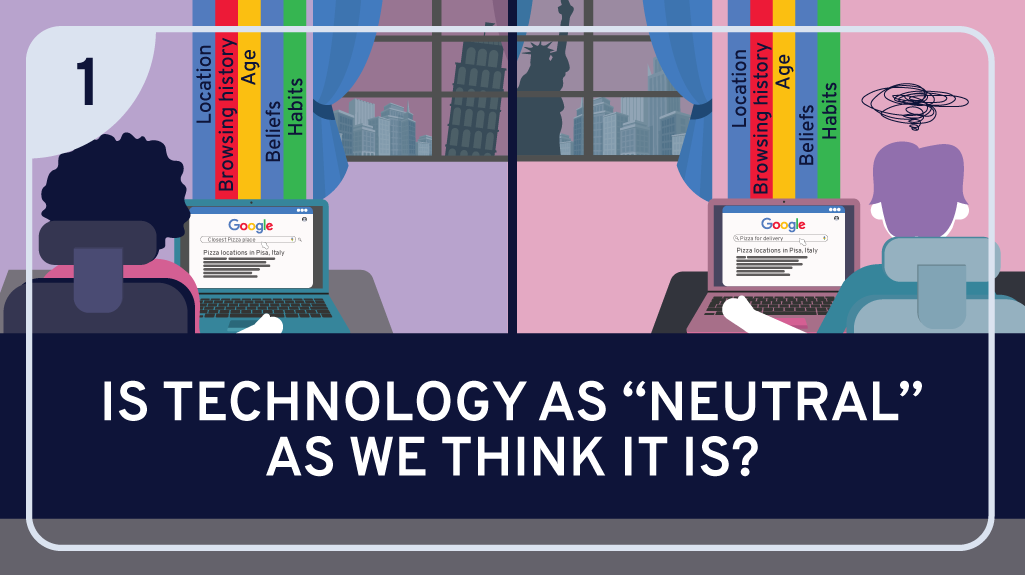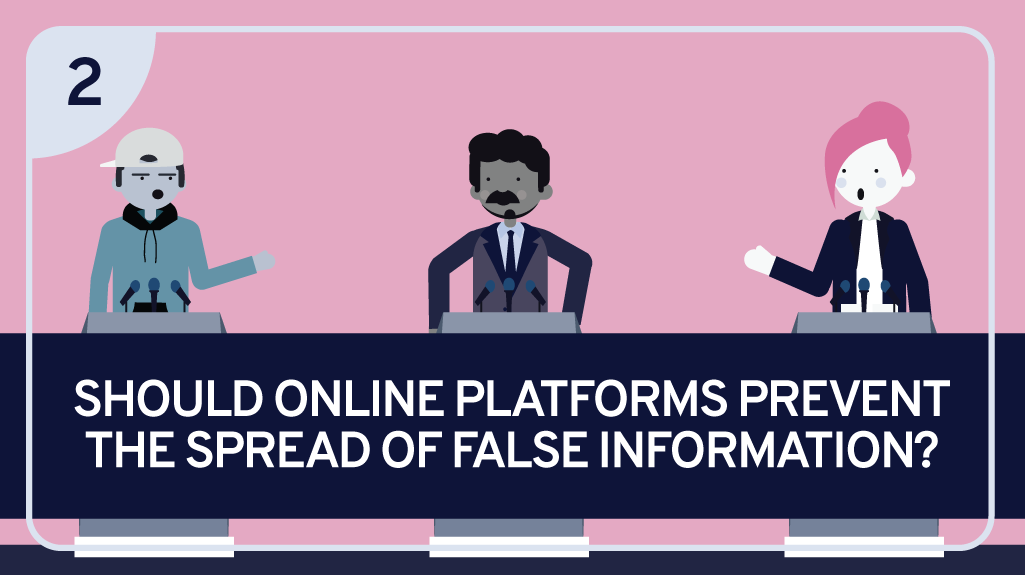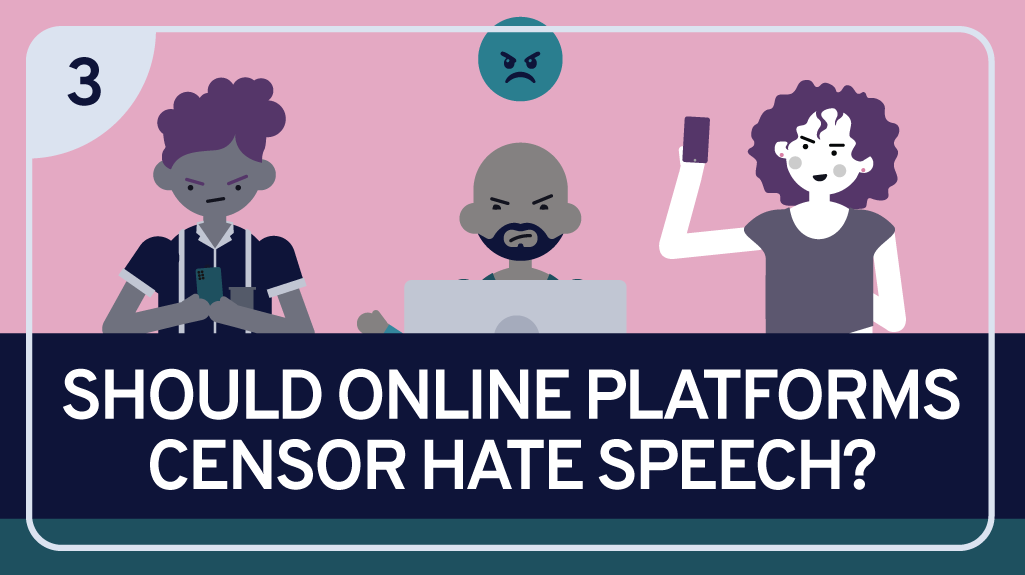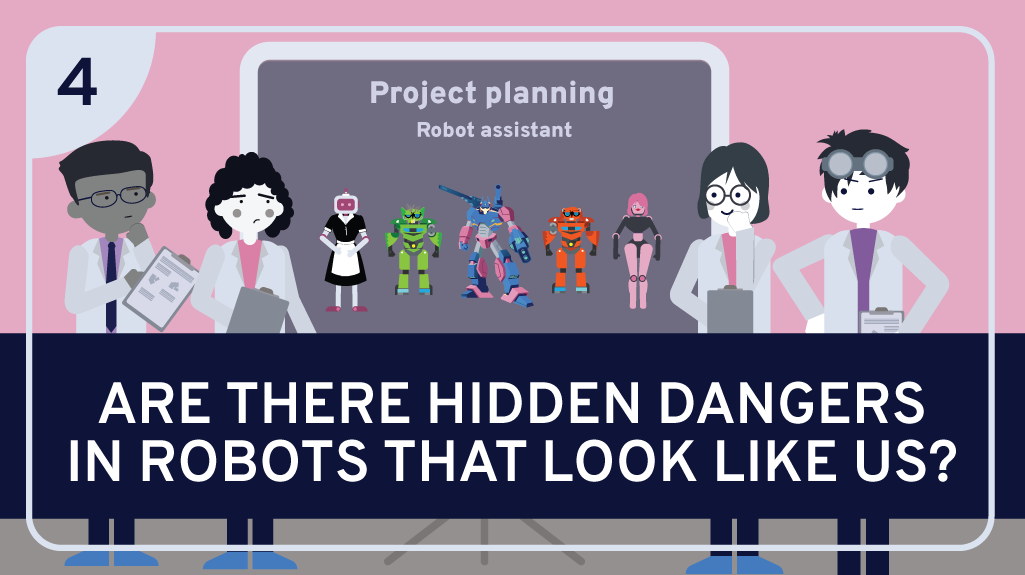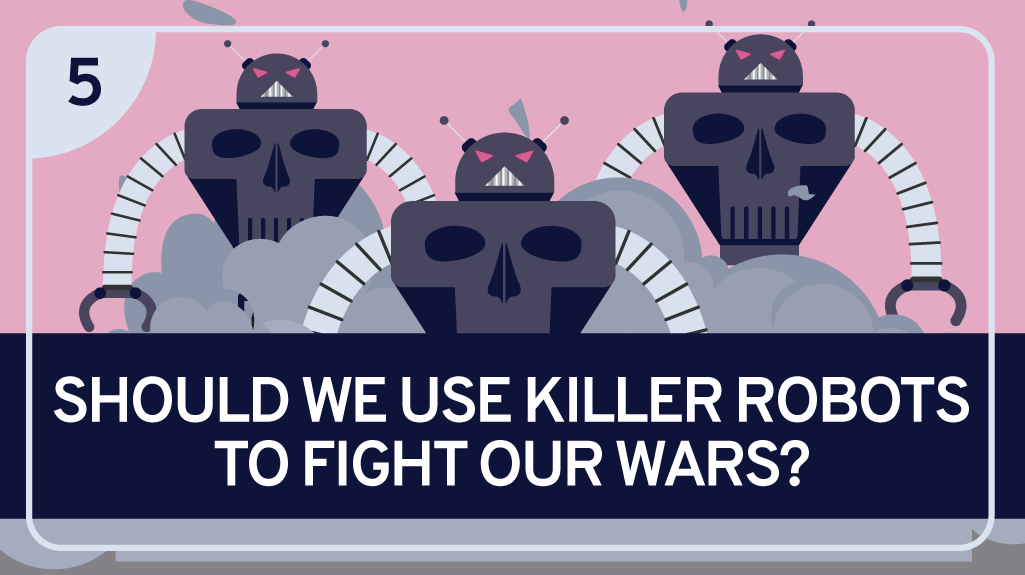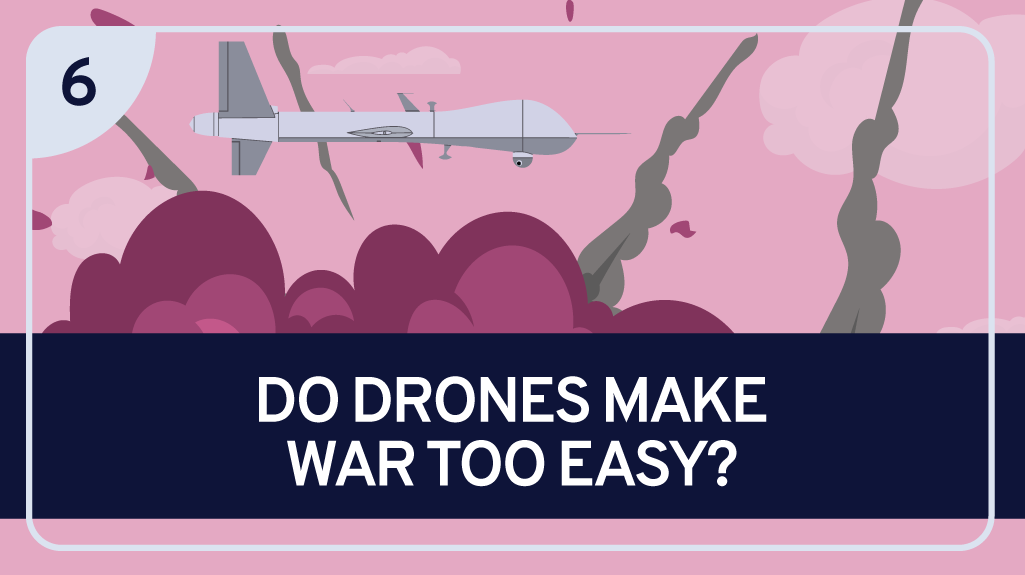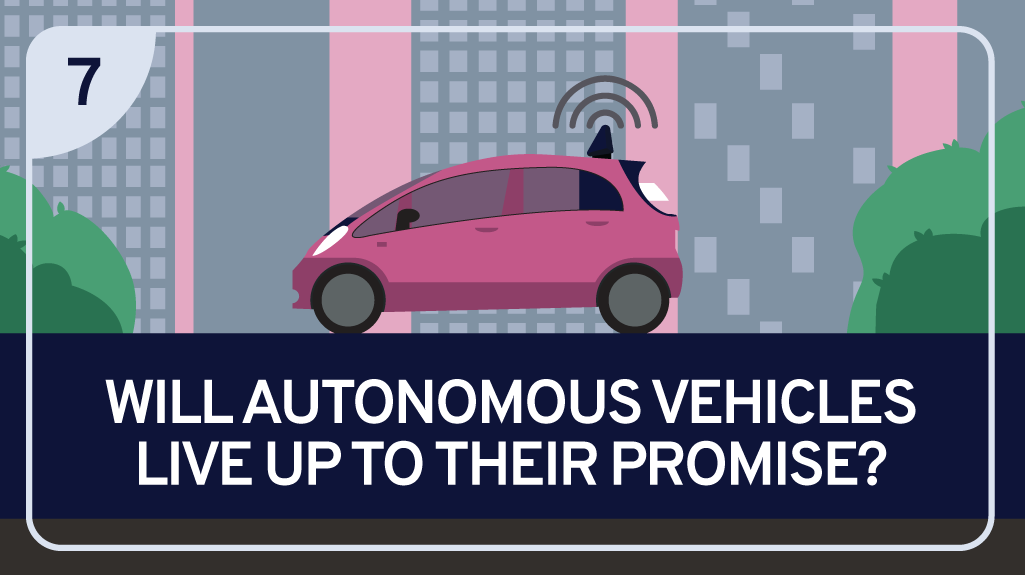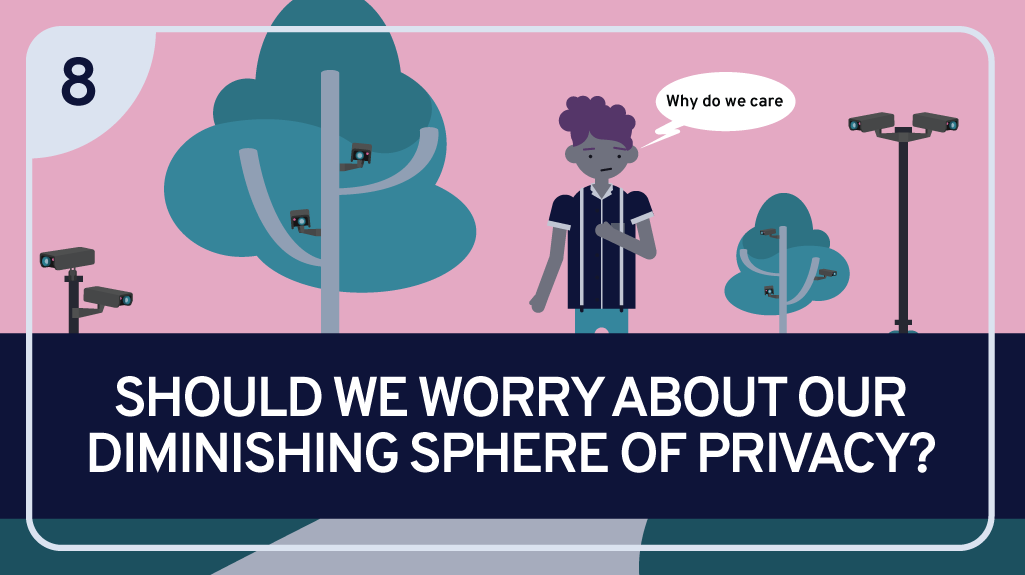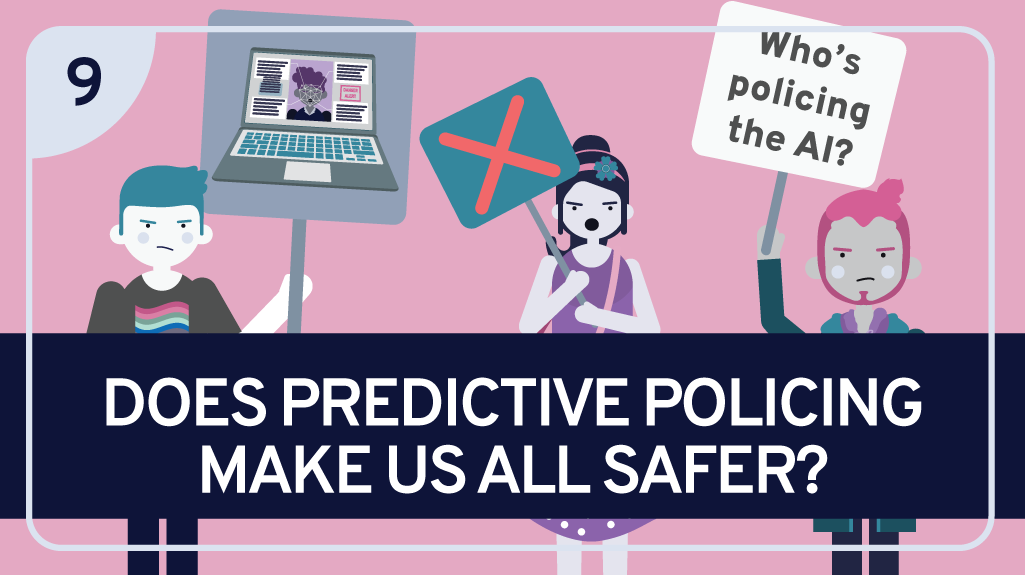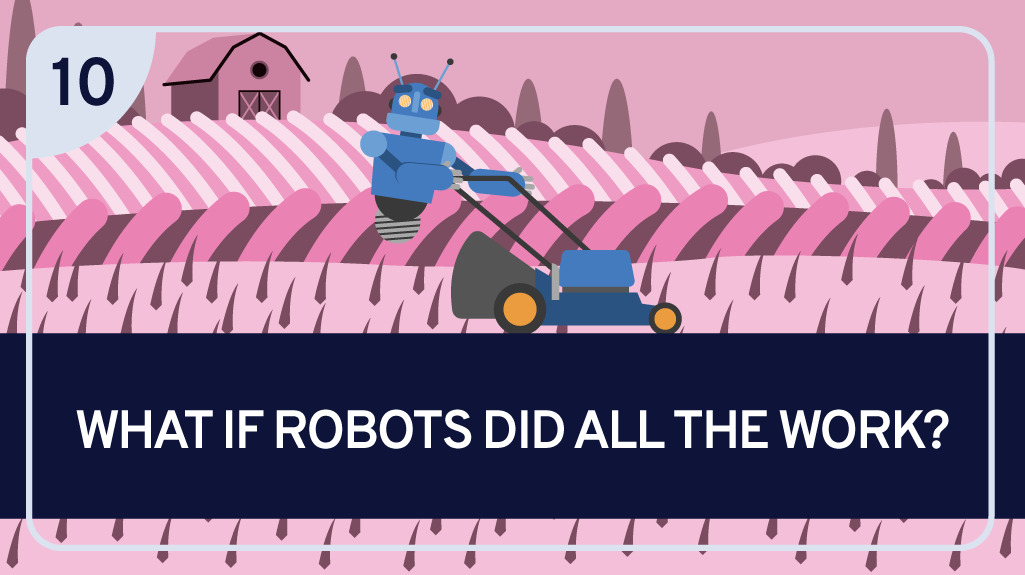MEET YOUR LECTURER
RYAN JENKINS
Dr. Ryan Jenkins is an Associate Professor of Philosophy and a Senior Fellow at the Ethics + Emerging Sciences Group at California Polytechnic State University. His research focuses on the potential for emerging technologies to enable or encumber meaningful human lives—especially artificial intelligence, cyber warfare, autonomous weapons, and driverless cars.
Dr. Jenkins has affiliations with the Center for Advancing Safety of Machine Intelligence (CASMI) at Northwestern University and the Karel Čapek Center for Values in Science and Technology in Prague. He is a former member of the Institute of Electrical and Electronic Engineers (IEEE) TechEthics Ad Hoc committee and a former co-chair of the Robot Ethics Technical Committee of the IEEE’s Robotics and Automation Society. He has also served as a principal investigator or senior personnel for several grants on the ethics of autonomous vehicles, predictive policing, and cyber warfare.
His work has appeared in journals such as Techne, Ethical Theory and Moral Practice, and Journal of Military Ethics, as well as public fora including the Washington Post, Slate and Forbes. His work has been cited in Daedalus, Stanford Encyclopedia of Philosophy, and Philosophy Compass. His interviews have appeared in The New Yorker, Inc. Magazine, Engadget, NPR, and elsewhere.
Dr. Jenkins earned his BA in Philosophy from Florida State University (Phi Beta Kappa) and his PhD in Philosophy from the University of Colorado Boulder. He earned the College of Liberal Arts’s Early Career Award for Achievement in Scholarship in Spring 2021.


